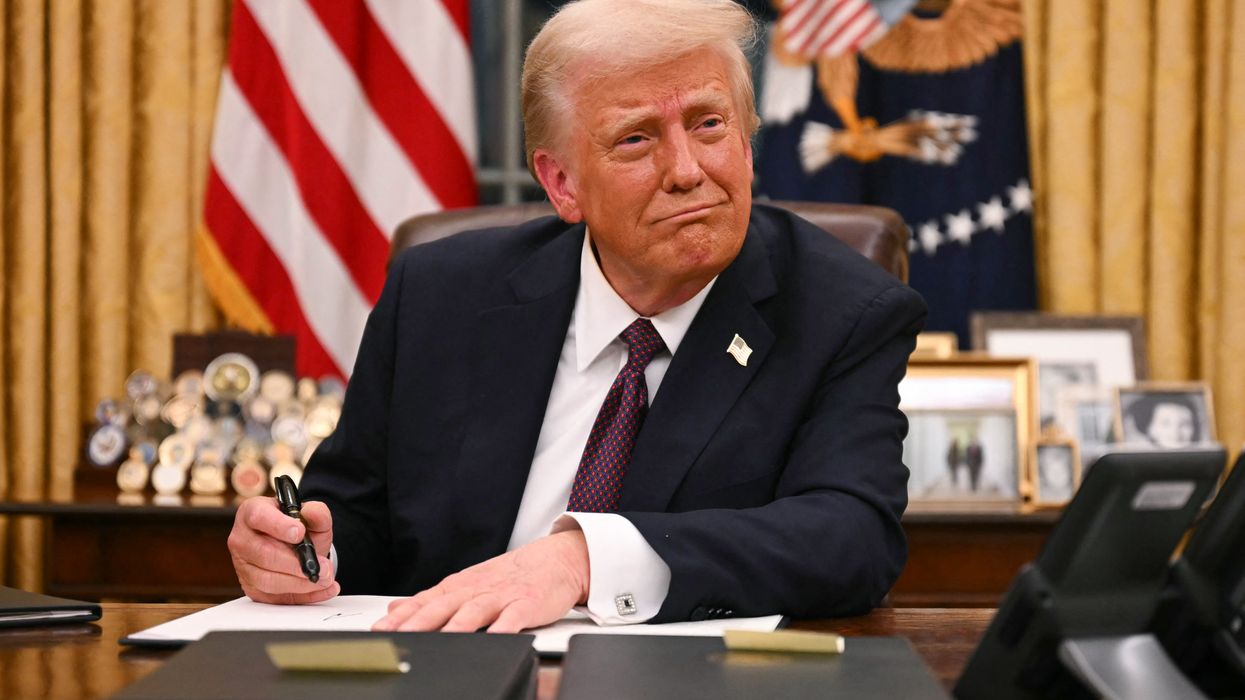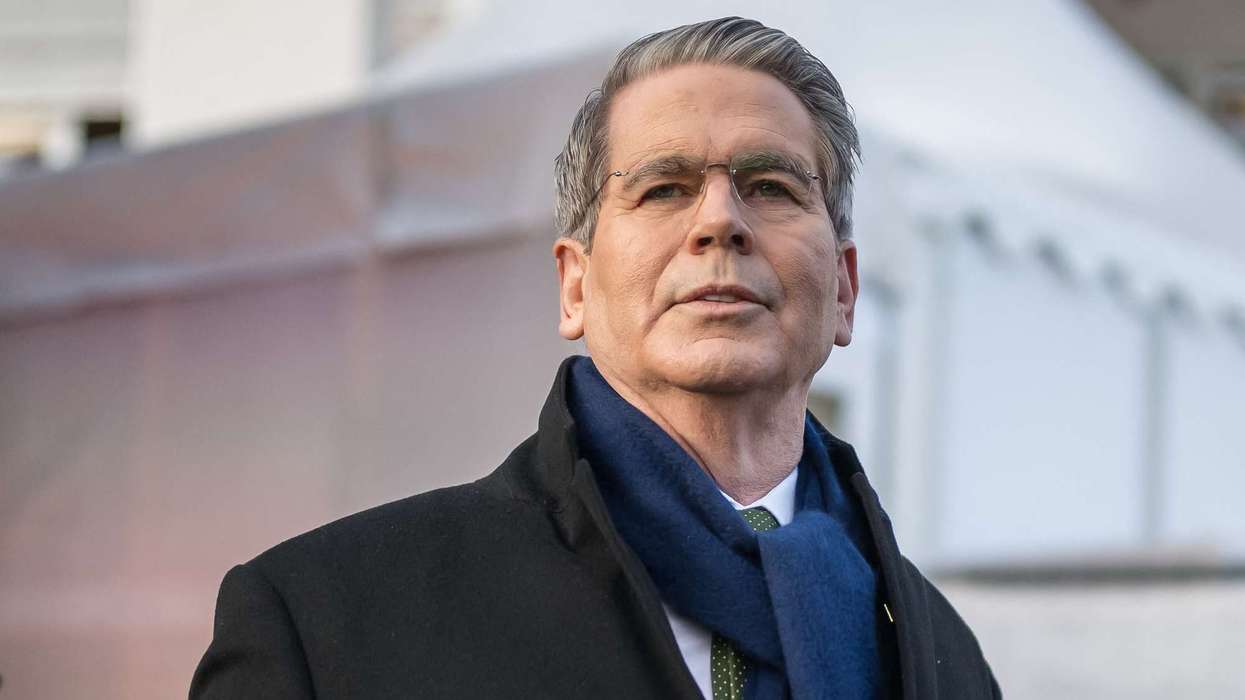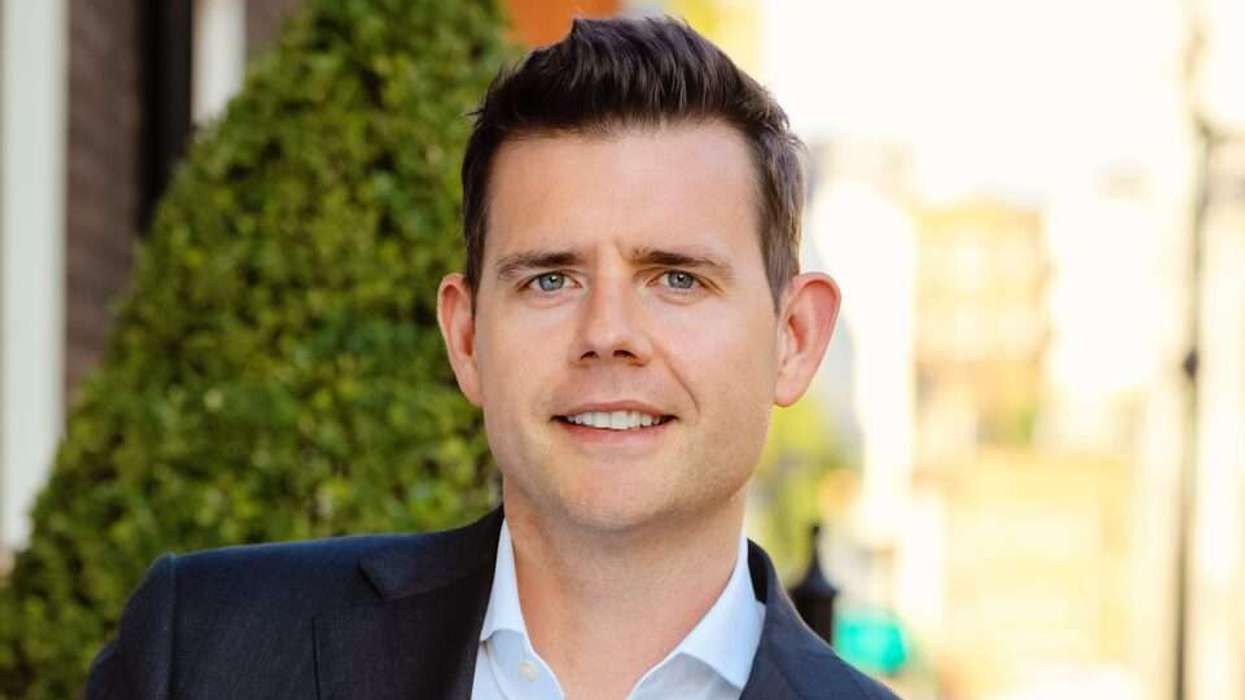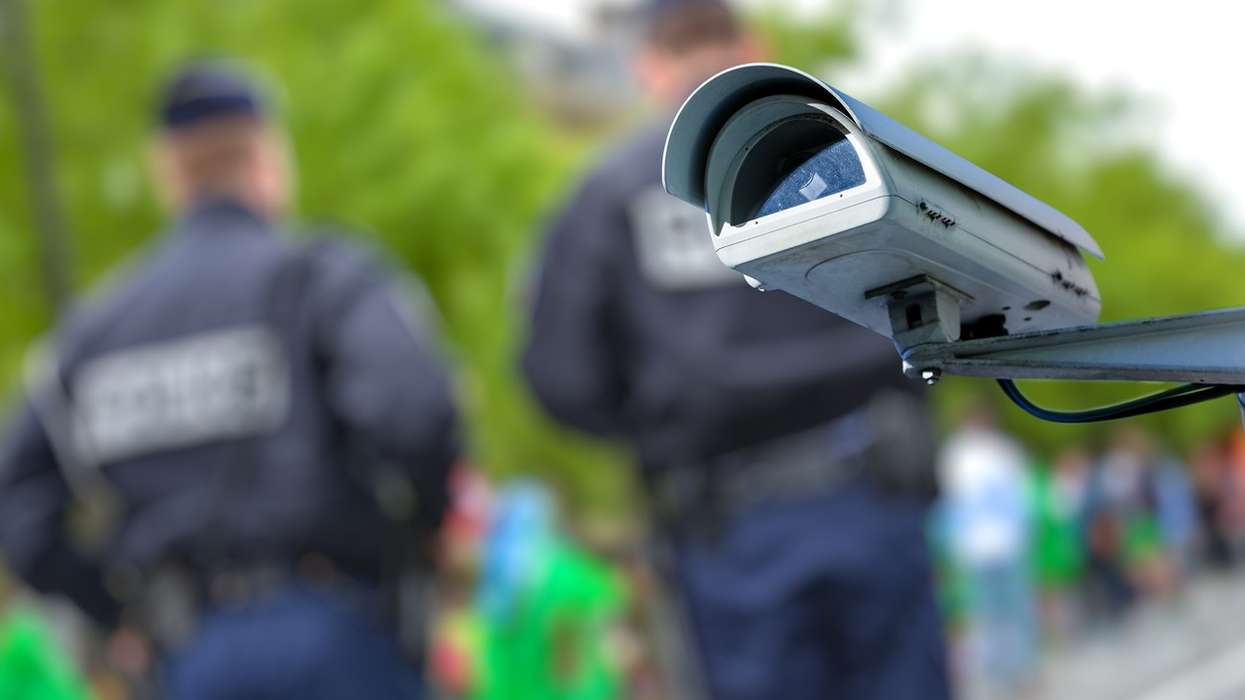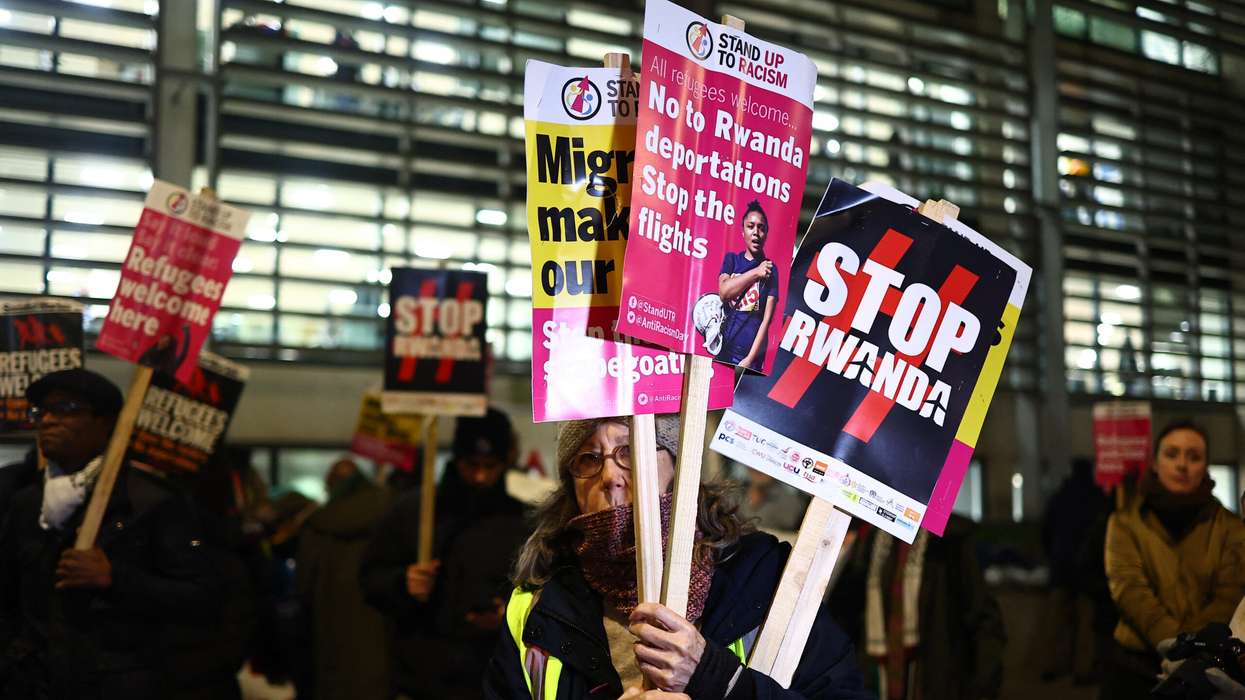INDIAN-AMERICAN lawmakers have expressed strong opposition to an executive order signed by US president Donald Trump on changes to birthright citizenship.
The order, signed on the first day of Trump’s second term, declares that children born in the United States to undocumented immigrants will no longer be considered citizens.
The policy also extends to children of some individuals in the country legally on temporary visas, including students and tourists.
The executive order argues that such children are not “subject to the jurisdiction” of the United States, and therefore not entitled to citizenship under the 14th Amendment.
The move has raised concerns among Indian-American leaders, given its potential impact on legal immigrants, including those on H-1B visas.
Congressman Ro Khanna criticised the policy, stating, “Trump's order removes birthright citizenship for children born in the US not just to undocumented parents but to 'lawful' immigrants who are temporarily on a student visa, H1B/H2B visa, or business visa. So much for the pretence that the Republicans are for legal immigration.”
The H-1B visa is widely used by technology companies to employ highly skilled workers from countries like India.
Indian professionals are among the largest beneficiaries of these visas, which are capped at 65,000 annually, with an additional 20,000 for individuals with advanced degrees from US institutions.
Indian-American Congressman Shri Thanedar said, “No matter what Donald Trump says or does, birthright citizenship has and will be the law of the land. I will fight to protect it at all costs.”
Congresswoman Pramila Jayapal described the order as unconstitutional, saying, “Plain and simple this is unconstitutional and cannot be done with the stroke of a pen. If enacted, it would make a mockery of our country's laws and the precedents set in the Constitution.”
Immigration rights groups and attorneys general from 22 states have challenged the order in court, arguing that it violates the 14th Amendment.
Two federal lawsuits have been filed, with one coalition seeking a temporary restraining order to block the policy from taking effect on February 19, 2025.
New Jersey Attorney General Matthew Platkin called the move “a flagrant violation of our Constitution,” while California Attorney General Rob Bonta described it as “blatantly unconstitutional and un-American.”
Ajay Bhutoria, a Biden White House Commissioner, also condemned the executive order, stating, “This executive order is not only unconstitutional but also undermines the values of equality and justice that define America.”
He urged South Asian and immigrant communities to stand united against such policies.
(With inputs from PTI)
